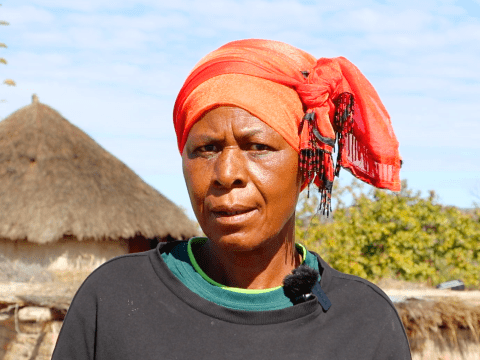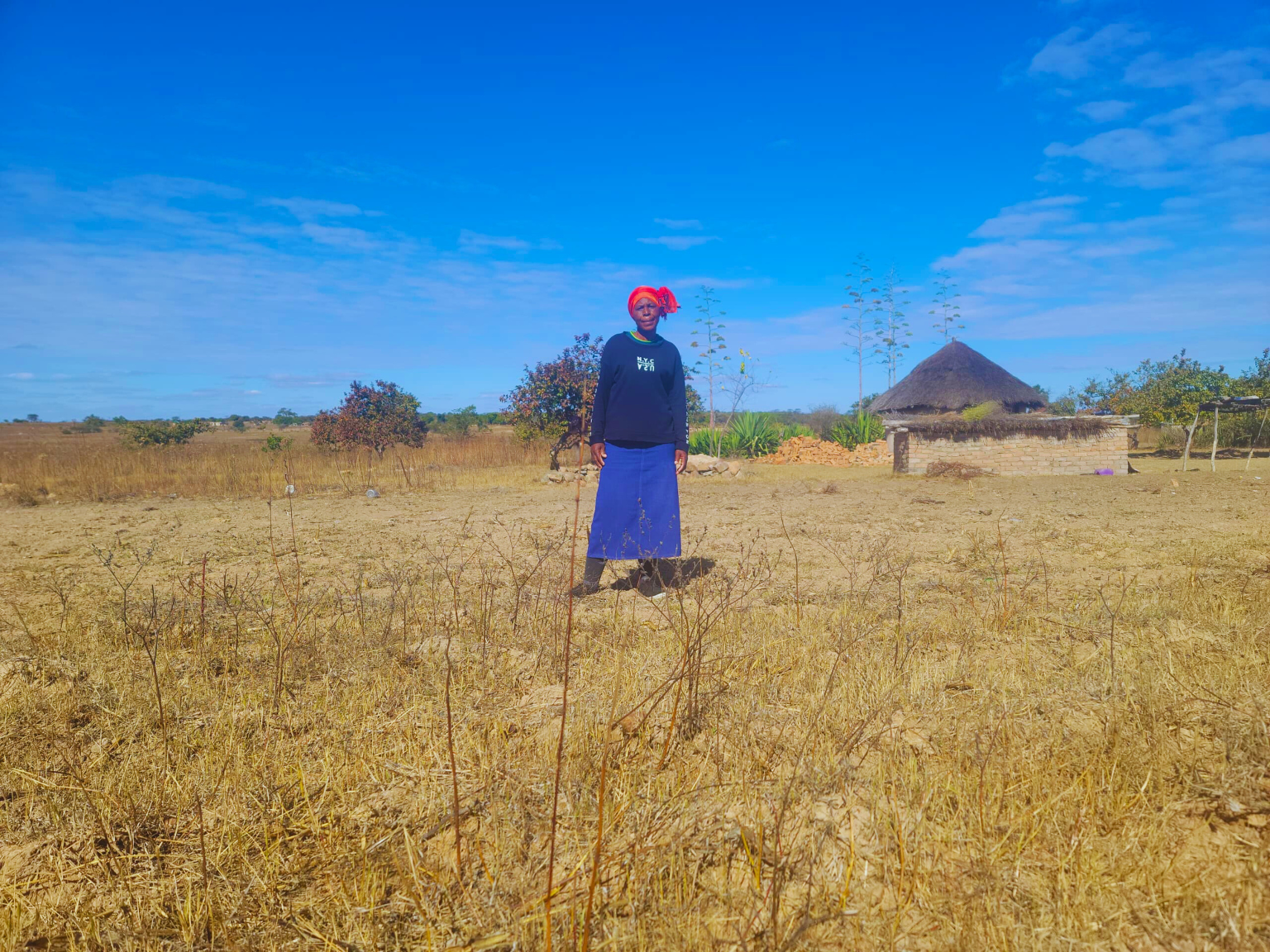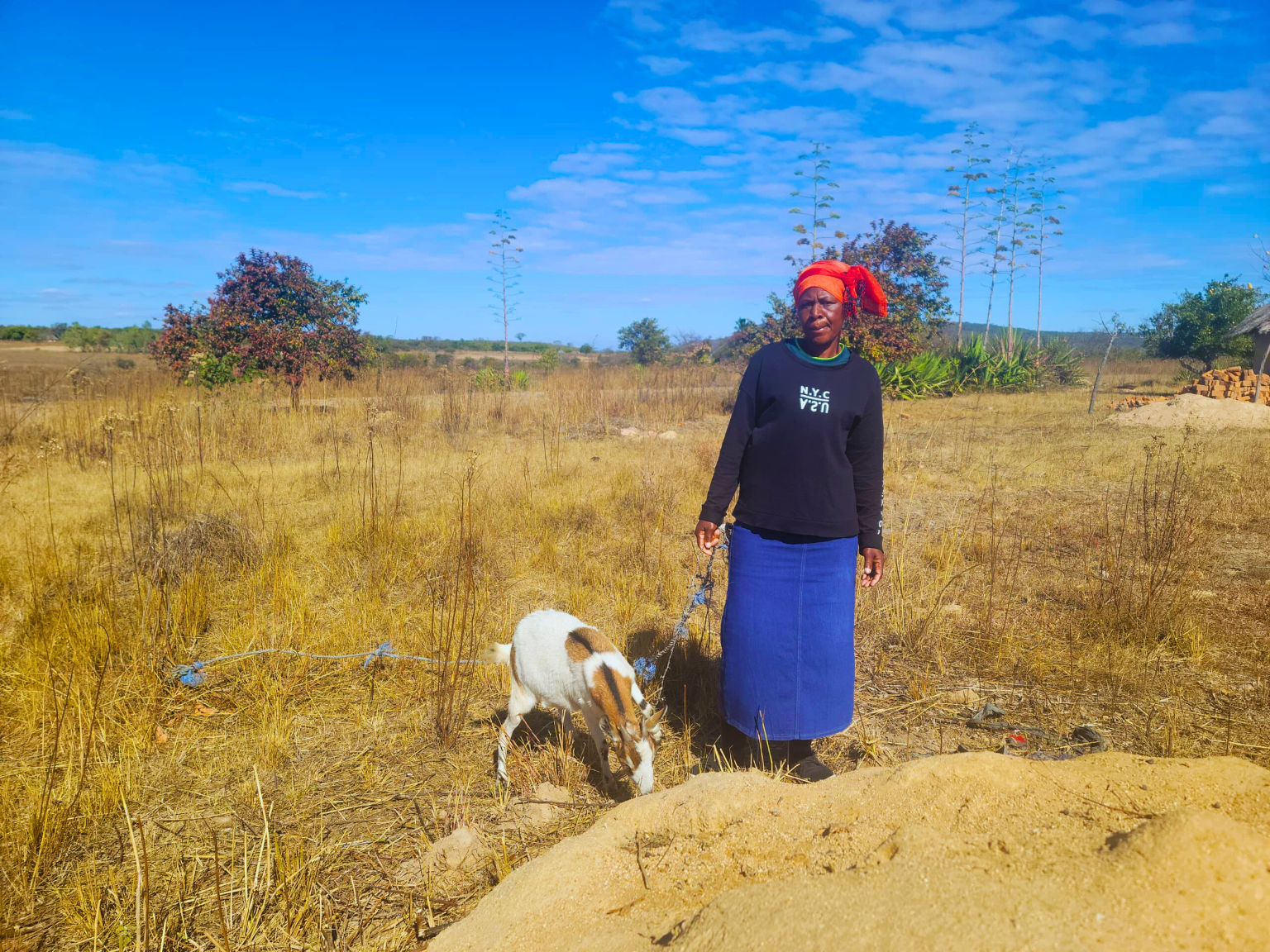Devastating El Niño Drought Plunges Zimbabwean Villages into Desperation

By Ronald Magweta (Communications Officer)
Buhera, Zimbabwe - In the heart of Chisvetu, a small village nestled in Buhera District, Nyaradzai Muradzi (52) walks through her barren maize field, witnessing the harsh aftermath of a relentless El Niño-induced drought. Memories of a time when subsistence farming sustained her family flood her mind as she reflects on the current state of despair.
"Food from my two or three fields used to be sufficient for me and my children. I could sell maize or groundnuts, using the proceeds to pay for my children's education," Muradzi recalls, her voice heavy with sadness.
Now, living alone after her children have moved away, Muradzi finds herself among the 7.7 million Zimbabweans bearing the brunt of the El Niño-induced drought, facing extreme hunger and uncertainty.
Having only cultivated crops in a single field this year, Muradzi's hopes were shattered as her plants withered prematurely, leaving her with no harvest to sustain her. "The drought has left me struggling to put food on the table, much like many families in this village," she laments.

Surviving on a single meal per day has become the new reality for Muradzi and countless others in her village. Some families even go to bed on empty stomachs, their crops decimated by the drought, compounded by a lack of steady income sources.
The devastating effects of the drought reverberate throughout the community. Chisvetu Village and its surroundings grapple with a surge in gender-based violence, child marriages, school dropouts, and theft.
"I have noticed that girls are resorting to early marriages in an attempt to escape poverty. Tempers flare at home when parents fail to provide for their families, leading to incidents of gender-based violence," Muradzi explains, highlighting the dire consequences of the crisis.
Muradzi herself fell victim to the wave of theft triggered by the El Niño-induced drought. Once in possession of nine goats, she now possesses only one, unable to sell or trade them for other essential goods.
"The night thieves stole my goats was devastating. I had nine goats, and now I'm left with just one. It brings tears to my eyes every time I think about it. I no longer have anything to sell in case of emergencies," she reveals, her eyes welling up.

To survive, Chisvetu Village residents scramble for "piece jobs," working for meager wages in exchange for food or money. Barter trade has become a lifeline, allowing them to acquire necessities they can no longer afford.
Water scarcity compounds their plight, with one bush pump serving multiple villages. As wells and rivers run dry, people must travel lengthy distances to access drinking water.
Muradzi emphasizes the critical need for water, stating that access to this vital resource would enable them to initiate small income-generating projects, offering a glimmer of hope during these trying times.
Regrettably, Chisvetu Village has yet to receive assistance from the government or charitable organizations to alleviate their suffering. Prayers and hopes persist among the villagers, yearning for swift intervention to mitigate their hardship.
As the El Niño drought tightens its grip on the region, Chisvetu Village stands as a stark reminder of the urgent need for support. The world watches, hoping that relief will arrive swiftly, bringing solace to those grappling with the devastating consequences of this relentless natural disaster.